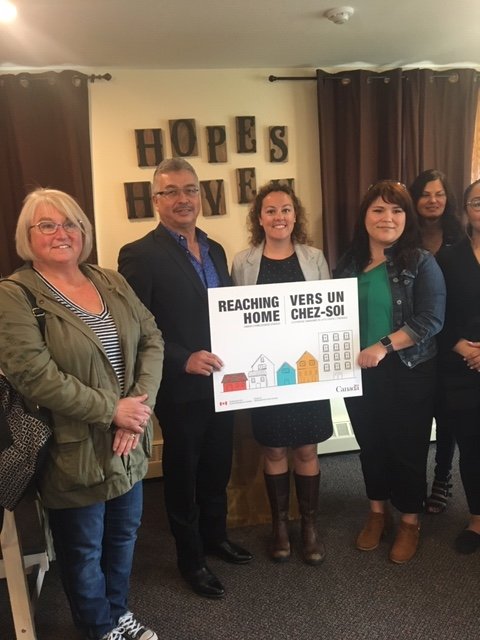Michael McLeod, NWT MP announced over $6 million for a five‑year period to the City of Yellowknife through the new Territorial Homelessness funding stream under Reaching Home: Canada’s Homelessness Strategy.
Through Reaching Home, the federal government is implementing the new Territorial Homelessness stream to increase federal homelessness investments in the capitals of each of the territories, while offering more flexibility on how funding can be used.
McLeod stated that through Reaching Home, the territorial, municipal and Indigenous governments are working together to address the unique homelessness challenges faced by those in northern communities.
“Working together and with the City of Yellowknife means that we can build capacity and meet the needs of our most vulnerable community members.”
Reaching Home replaced the previous Homelessness Partnering Strategy on April 1st and continues to support communities’ efforts to prevent and reduce homelessness in Canada.
Community governance will continue to be a feature within the new Territorial Homelessness stream, bringing together a broad representation of Indigenous partners, community service providers and interested stakeholders to inform planning, guide priority setting and collectively recommend priority investments.
Stacie Smith, Yellowknife City Councillor and Chair of the Community Advisory Board on Homelessness noted that by working together, the City of Yellowknife Community Advisory Board on Homelessness and the Government of Canada, step closer to reducing homelessness in Yellowknife.
“Reaching Home will support the development of the Council adopted strategy ‘Everyone Is Home, Yellowknife’s 10-year plan to end homeless’ and ultimately address this pressing social issue.”
Communities will also have three years to implement coordinated access to prioritize those individuals most in need of housing and support services.





